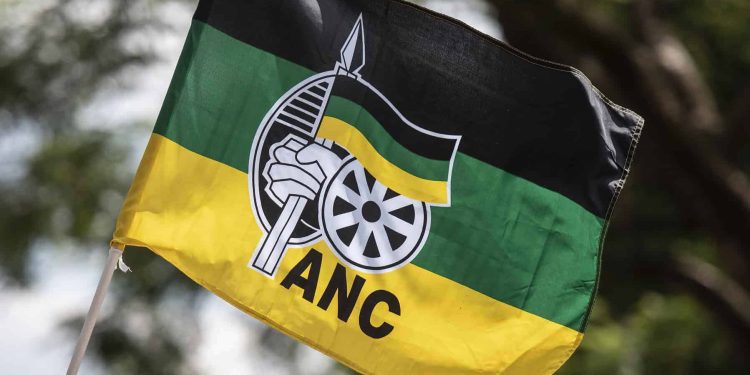A high-profile politician has been arrested in connection with the murder of several ANC comrades, sending shockwaves through political circles and raising serious concerns about internal rivalries within the ruling party. The arrest follows an intensive investigation by law enforcement agencies, who linked the politician to violent acts that appear to be politically motivated. Authorities have confirmed that the suspect will face charges related to the killings, which have unsettled both the ANC and the wider public.
The murders, believed to be linked to power struggles and factional battles within the party, have once again highlighted the dangers of political contestation in South Africa. Analysts suggest that competition for positions, resources, and influence within the ANC has, in some instances, escalated to deadly violence. The arrest of a top political figure is expected to put renewed focus on how deep-rooted these conflicts have become and how they threaten the stability of the party.
Police spokespersons have indicated that further arrests could follow as investigations continue. They emphasized that no one is above the law, regardless of their political standing, and that justice must be served for the victims and their families. The development has sparked both relief and fear: relief that progress is being made in tackling political killings, but also fear that the arrest could trigger further tensions and reprisals within the party’s structures.
Observers argue that this case underscores the urgent need for the ANC to confront political violence within its ranks and restore discipline among its members. The arrest of such a senior figure could serve as a turning point in addressing impunity, but it also risks exposing deeper fractures within the organization. For many South Africans, the case represents not just a test for the justice system but also a critical moment for the ANC to prove its commitment to upholding the rule of law.






















